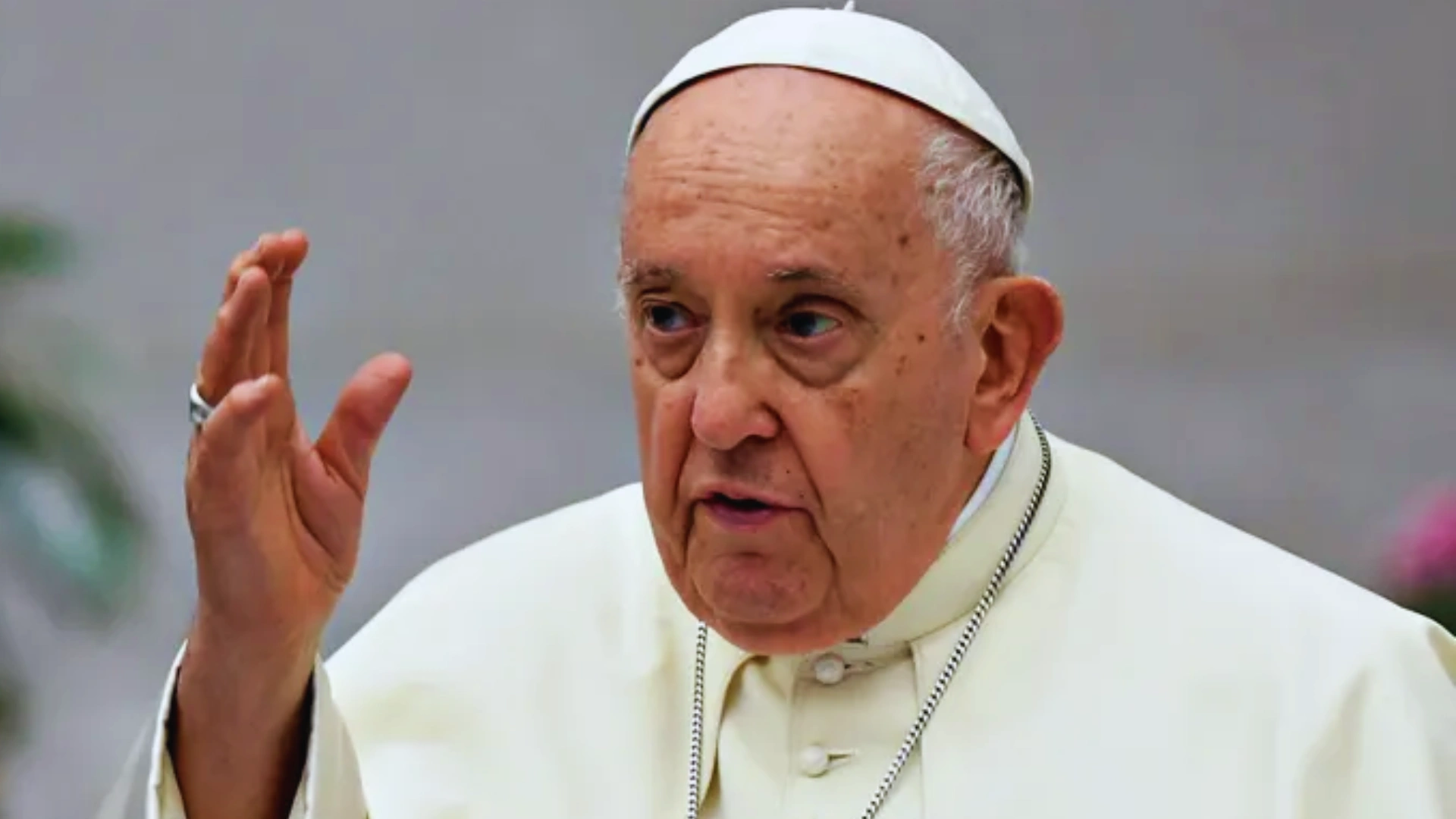In a landmark decision that has been over a decade in the making, COP29 on Sunday established rules for a global carbon market, paving the way for countries and companies to buy and sell carbon credits earned through verified green initiatives. The United Nations-backed system, set to launch in 2025, marks a major step forward in climate action and international cooperation under Article 6 of the Paris Agreement.
What Are the New Carbon Market Rules?
The finalized rules under Article 6 aim to ensure the credibility, transparency, and standardization of carbon credits. These credits, which represent verified reductions or removals of greenhouse gas emissions, can now be traded internationally through a centralized UN system.
Projects eligible for earning carbon credits include initiatives such as reforestation, renewable energy installations, and other verified efforts that contribute to reducing emissions. A robust monitoring and registry system will also be developed to prevent greenwashing—misleading claims about environmental benefits—and to maintain the integrity of the carbon market.
“Today, we have unlocked one of the most complex and technical challenges in climate diplomacy. Article 6 is hard to understand, but its impacts will be clear in our everyday lives,” said Yalchin Rafiyev, COP29’s lead negotiator. “It means coal plants decommissioned, wind farms built, and forests planted. It means a new wave of investment in the developing world.”
How Will the Carbon Market Work?
The carbon market provides a mechanism for cross-border cooperation, allowing countries to trade emissions reductions as they work toward their nationally determined contributions (NDCs) under the Paris Agreement. The COP29 presidency estimates that this cooperation could reduce the cost of implementing NDCs by up to $250 billion annually.
The market will function under strict guidelines to ensure that all projects meet key criteria:
- Real and Verified: Projects must demonstrate measurable and additional reductions in emissions.
- Transparent and Accountable: A centralized registry will ensure that credits are not double-counted or misused.
- Inclusive and Sustainable: Projects must respect human rights and contribute to sustainable development.
Driving Climate Investment and Sustainable Development
The decisions adopted at COP29 are expected to unleash significant investment in climate action, particularly in developing nations. By providing a trusted framework for carbon markets, the new rules will encourage governments and private entities to collaborate on emission-reduction projects.
“The guidelines and rules adopted are designed to ensure that carbon projects maintain practicality and inclusivity, respect human rights, and provide support to sustainable development,” said the COP29 presidency in a statement.
This framework not only boosts environmental integrity but also fosters economic opportunities, enabling countries to confidently cooperate on ambitious climate goals under the Paris Agreement.
Why Is Article 6 a Milestone in Climate Diplomacy?
For years, Article 6 of the Paris Agreement has been one of the most contentious aspects of international climate negotiations. The complexity of creating a transparent and functional global carbon market has delayed its implementation, even as the urgency of climate action has grown.
COP29’s agreement marks a breakthrough, addressing technical and political challenges to provide a solid foundation for international carbon trading.
“This cross-border cooperation will not only reduce emissions but also drive innovation and investment in green technologies, especially in regions that need it most,” said a COP29 official.
While the fundamental rules have been agreed upon, more details will be finalized in the coming months, including how the registry will operate and mechanisms to ensure compliance. The UN trading system will officially begin in 2025, with the first transactions expected to set the tone for global collaboration on climate goals.
A Turning Point for Climate Action
The decisions made at COP29 are expected to play a pivotal role in achieving global climate targets. By enabling trusted, transparent, and accountable carbon markets, the agreement under Article 6 is a testament to the power of international cooperation in addressing one of the greatest challenges of our time.
“Let this be a moment where we collectively choose the path of sustainability, justice, and progress,” the COP29 presidency concluded, emphasizing the critical role that all nations must play in this new chapter of climate diplomacy.

















